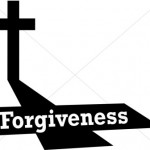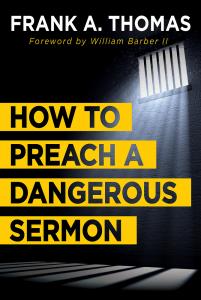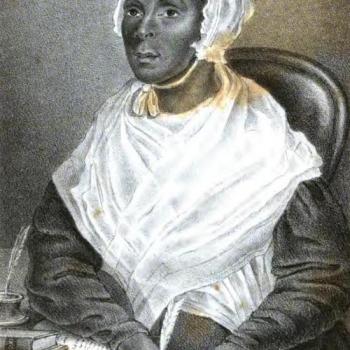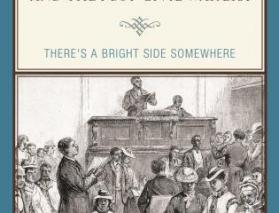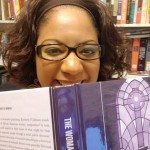I invited people who attended church this past Sunday (after the #CharlestonShooting) to submit a reflection discussing and describing their feelings if the pastor/preacher for the day DID NOT ADDRESS the massacre of the Emanuel/Charleston Nine or if there were no mentions of it in the liturgy.
This one is from Darren Elize
God has placed me as a prophetic presence among Episcopalians and other such white places. The relationship is very conflicted and I too often want to throw up my hands in frustration. Yet, it is the ministry to which God has called me and God continues to assure me of the sufficiency of God’s grace. This Sunday was one of those times that made me want to holler. While the readings from the Revised Common Lectionary (David slaying the Philistine and Jesus responding to the plea, “Do you not care that we perish?”) were quite appropriate for reflection on the deaths in Charleston, SC, I knew from my long experience that little, if anything, would be said about the Charleston Shooting/Emanuel Nine in the sermon delivered in my Episcopal Church. I said as much to a few people, who were genuinely surprised.
The subject of the shooting came up briefly in comments during the Sunday School hour. Someone mentioned that that they heard one of the nine tried to talk the shooter out of the shooting and said they thought it was a heroic act if the story was true. That was the extent of the discussion. The shooting was not addressed in any substantive way from the pulpit. Our rector tends to maintain a politically and socially neutral pulpit. It is his prerogative and he has his pastoral reasons for such neutrality. It’s not to say the church is politically or socially neutral, only the liturgy. I have learned to roll with it. Those who attended the 10:30 and 5:30 Sunday services heard the same preacher (one of our assistants) and the same sermon. Charleston was mentioned in passing near the end of the sermon in a general litany of those who suffer because of their faith (Syrians) or their skin (Charleston).
For Episcopalians, the mention did not go unnoticed. As the lector and Eucharistic minister for the 5:30 service, I also led the prayers of the people. Thus, I was intentional in mentioning Emanuel AME Church, Charleston, SC as I solicited prayers for peace and justice and asked prayers for peace; for goodwill among nations; and for the well-being of all people. I continue to trust that the Spirit will do the rest and that God’s grace is sufficient.
This one is from Darren Elize
God has placed me as a prophetic presence among Episcopalians and other such white places. The relationship is very conflicted and I too often want to throw up my hands in frustration. Yet, it is the ministry to which God has called me and God continues to assure me of the sufficiency of God’s grace. This Sunday was one of those times that made me want to holler. While the readings from the Revised Common Lectionary (David slaying the Philistine and Jesus responding to the plea, “Do you not care that we perish?”) were quite appropriate for reflection on the deaths in Charleston, SC, I knew from my long experience that little, if anything, would be said about the Charleston Shooting/Emanuel Nine in the sermon delivered in my Episcopal Church. I said as much to a few people, who were genuinely surprised.
The subject of the shooting came up briefly in comments during the Sunday School hour. Someone mentioned that that they heard one of the nine tried to talk the shooter out of the shooting and said they thought it was a heroic act if the story was true. That was the extent of the discussion. The shooting was not addressed in any substantive way from the pulpit. Our rector tends to maintain a politically and socially neutral pulpit. It is his prerogative and he has his pastoral reasons for such neutrality. It’s not to say the church is politically or socially neutral, only the liturgy. I have learned to roll with it. Those who attended the 10:30 and 5:30 Sunday services heard the same preacher (one of our assistants) and the same sermon. Charleston was mentioned in passing near the end of the sermon in a general litany of those who suffer because of their faith (Syrians) or their skin (Charleston).
For Episcopalians, the mention did not go unnoticed. As the lector and Eucharistic minister for the 5:30 service, I also led the prayers of the people. Thus, I was intentional in mentioning Emanuel AME Church, Charleston, SC as I solicited prayers for peace and justice and asked prayers for peace; for goodwill among nations; and for the well-being of all people. I continue to trust that the Spirit will do the rest and that God’s grace is sufficient.



